Our Counselors Answered:
What are the most politically active colleges?
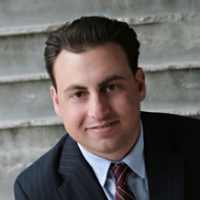 Benjamin CaldarelliPartnerPrinceton College Consulting, LLC
Benjamin CaldarelliPartnerPrinceton College Consulting, LLC
What are the most politically active colleges?
Lots of colleges are fairly politically active places. Washington DC attracts many politically involved students. American and George Washington are known for this. So is Columbia in New York, Harvard in Cambridge and the University of Wisconsin in Madison. It is typical that many of the flagship state universities are fairly active.
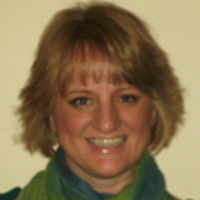 Kerrie TrosethCollege Counselor
Kerrie TrosethCollege Counselor
What are the most politically active colleges?
Here are a few to consider (not an exhaustive list):
Brandeis
Drew
Evergreen
George Mason
Georgetown
Guilford
Hendrix
James Madison
Lawrence
Macalester
Mount Holyoke
Oberlin
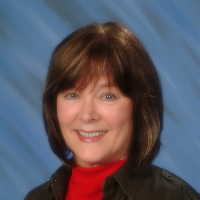 Karen Ekman-BaurDirector of College CounselingLeysin American School
Karen Ekman-BaurDirector of College CounselingLeysin American School
What are the most politically active colleges?
For students who are politically interested, it would be worthwhile to look into the dominant political leanings, if there are any, of the schools at which they are looking. The student bodies at some institutions form a rather balanced political picture, while other schools may have a distinctly liberal or conservative “feel”.
This is not a definitive list, but I’ve read that the following schools have a reputation for political activism:
Georgia – Spelman College
Maine – College of the Atlantic
Massachusetts – Roxbury Community College
Montana – Little Big Horn College
North Carolina – Duke University
University of North Carolina – Chapel Hill
Texas – University of Texas in Austin
Virginia – James Madison University
Wisconsin – Marquette University
University of Wisconsin – Madison
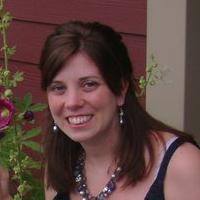 Annie ReznikCounselor/CEOCollege Guidance Coach
Annie ReznikCounselor/CEOCollege Guidance Coach
What are the most politically active colleges?
When I think of politically active colleges, American University and George Washington University quickly come to mind given their proximity to Capitol Hill. But, Cornell College in Iowa stands out as an under the radar politically active campus. As a college representative put it, “there’s nothing quite like a presidential election in Iowa.” The four-year college and election cycles ensure that every student graduates with caucus experience.
 Bill PrudenHead of Upper School, College CounselorRavenscroft School
Bill PrudenHead of Upper School, College CounselorRavenscroft School
What are the most politically active colleges?
While there are certainly places that have historical traditions of student activism—Wisconsin, Berkeley, and Wesleyan in Connecticut have long and storied histories in that area–much depends upon issues and timing. Some schools, by virtue of their geography, their institutional leadership, or their make-up have been particularly involved in certain issues. Students at the nation’s Historically Black Colleges and Universities (HBCUs) played important roles in the Civil Rights movement and remain attuned to such issues today, while their very location makes Washington, D.C. schools places to which students interested in politics and government flock. Increasingly in this age of social media, political activism is less centered in geography than ideology, and things like Facebook allow groups to transcend their geographic boundaries, a reality that has been reflected in the most recent political campaigns. Ultimately, political activism is less about institutions than about individuals, and pretty much any school can serve as a venue for your activism.
 Nancy MilneOwnerMilne Collegiate Consulting
Nancy MilneOwnerMilne Collegiate Consulting
What are the most politically active colleges?
There is quite a list of colleges that consider themselves politically active campuses. Quantifying that list is difficult, as is being totally inclusive in this space. The College Finder, by Steven Antonoff has 3 pages of Colleges for the Politically Aware. They range in size, location and campus type. The usual suspects include: UC Berkeley, UW- Madison, Georgetown, NYU, just to name a few.
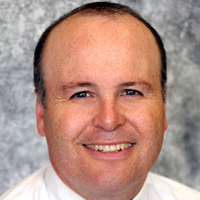 Richard Hazeltoncollege advisorConnecticut
Richard Hazeltoncollege advisorConnecticut
What are the most politically active colleges?
While political activism occurs on most campuses, some of the most politically active campuses are UCBerkeley, Brown, Wesleyan, Hampshire, Smith College, Harvard, Georgetown, Oberlin and Reed.
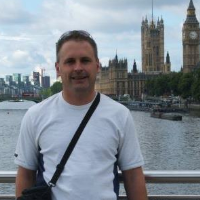 Eric Beers, Ph.D.College and Career CounselorAir Academy High School
Eric Beers, Ph.D.College and Career CounselorAir Academy High School
What are the most politically active colleges?
I think the Washington DC area schools are strategically located to promote politically active students…so you can’t go wrong with American, Georgetown and George Washington. Others that I really like (in no particular order) include: Bates, Brown, Berkeley, UCLA, Claremont-McKenna schools, CU-Boulder, Grinnell, University of Iowa, NYU, Princeton, Oberlin, Ohio University, Oregon, Washington, Wellesley, WIsconsin,
 Eric Beers, Ph.D.College and Career CounselorAir Academy High School
Eric Beers, Ph.D.College and Career CounselorAir Academy High School
What are the most politically active colleges?
I think the Washington DC area schools are strategically located to promote politically active students…so you can’t go wrong with American, Georgetown and George Washington. Others that I really like (in no particular order) include: Bates, Brown, Berkeley, UCLA, Claremont-McKenna schools, CU-Boulder, Grinnell, University of Iowa, Michigan, North Carolina, NYU, Princeton, Oberlin, Ohio University, Oregon, Washington, Wellesley, WIsconsin,
 Reecy ArestyCollege Admissions/Financial Aid Expert & AuthorPayless For College, Inc.
Reecy ArestyCollege Admissions/Financial Aid Expert & AuthorPayless For College, Inc.
What are the most politically active colleges?
When I was in college, it was Columbia when Jerry Rubin was active. One of my ex-wife’s sorority sisters was killed at Kent State, and her brother was tear gassed at Ohio State.
Then it was the Vietnam War, but today students are more apathetic because Congress is so inept at accomplishing what’s necessary to fix the economy.
 Zahir RobbCollege CounselorThe Right Fit College
Zahir RobbCollege CounselorThe Right Fit College
What are the most politically active colleges?
Gerogretown, American and GWU are pretty active, especially with their location in DC. On the left side of the isle you have Berkeley and Hampshire, while on the right you have SMU and BYU. Their are many other small, lesser known colleges that could be added the the spectrum list, but when we think of activity, I often think of a political presence, which adds schools like NYU and Michigan to the list. The best way for you to get a feel for the political activity on a campus is to visit and take a look around. Protests? Banners? Political Clubs and Activities? These are all good signs of a politically active campus.
 Rohit GoyalIvy League CounselorHarvard University
Rohit GoyalIvy League CounselorHarvard University
What are the most politically active colleges?
All Ivy League Schools
 Patty Finer
Patty Finer
What are the most politically active colleges?
The politically active schools are going to be your more liberal colleges, such as Berkeley.
 Renee Boone
Renee Boone
What are the most politically active colleges?
Politically active campuses include
Pitzer, CA
Claremont McKenna, CA
UCLA
Stanford, CA
UC Berkeley, CA
UNC Chapel Hill, NC
NYU
U Mass Amherst
American, DC
George Washington, DC
U Wisconsin
Swarthmore, PA
Colorado Boulder
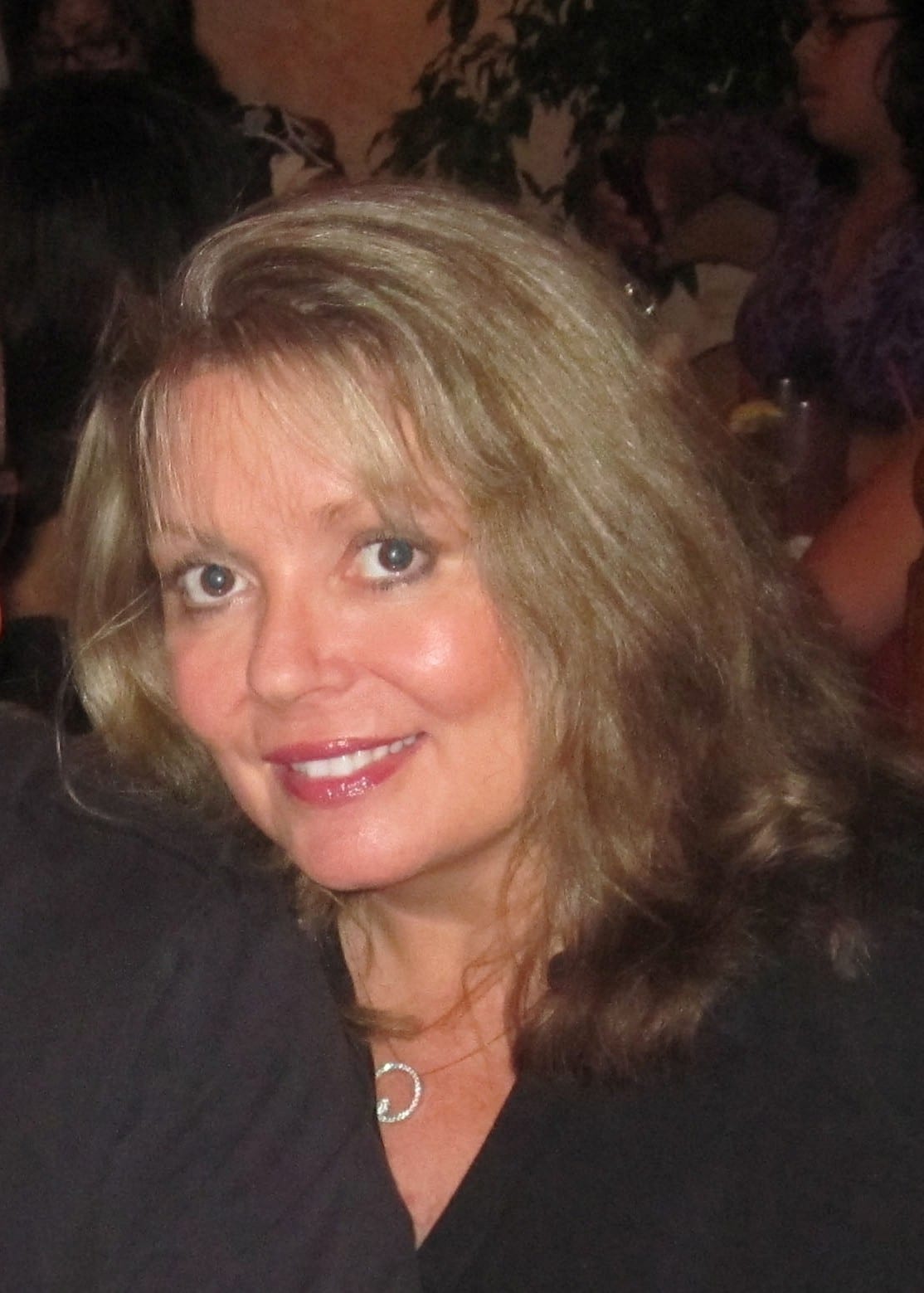 Tam Warner MintonConsultantCollege Adventures
Tam Warner MintonConsultantCollege Adventures
political activism
The answer is right here on Unigo! https://www.unigo.com/articles/the_10_most_politically_active_schools/?taxonomyid=760028
 Jennifer Tabbush
Jennifer Tabbush
politically active colleges
There is a fabulous book by Steve Antonoff called The College Finder that lists schools by these sorts of criteria. Mr. Antonoff does a great job of identifying colleges with distinct features. The most politically active? Duke, Spelman, UT Austin, University of Wisconsin-Madison, College of the Atlantic,, James Madison, UNC-Chapel Hill, Marquette and Brown.
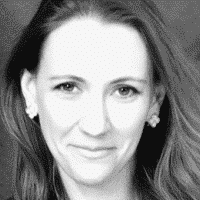 Erin AveryCertified Educational PlannerAvery Educational Resources, LLC
Erin AveryCertified Educational PlannerAvery Educational Resources, LLC
Capital D, Capital C
If it’s politics and current events that appeal to you, Washington, DC is your mecca.
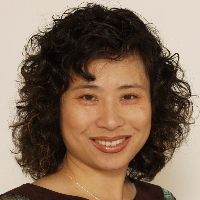 王文君 June ScortinoPresidentIVY Counselors Network
王文君 June ScortinoPresidentIVY Counselors Network
liberal art colleges
politically active colleges provide student organizations fundings and resources to bring members and conduct meaningful activities.
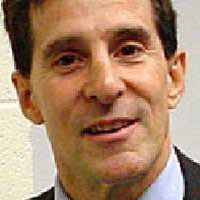 Scott WhiteDirector of GuidanceMontclair High School
Scott WhiteDirector of GuidanceMontclair High School
What are the most politically active colleges?
Swarthmore, Oberlin, Reed, Wesleyan, Brown, Berea, Sterling, Warren Wilson, Marlboro, Evergreen State.
 Reecy ArestyCollege Admissions/Financial Aid Expert & AuthorPayless For College, Inc.
Reecy ArestyCollege Admissions/Financial Aid Expert & AuthorPayless For College, Inc.
What are the most politically active colleges?
When I was in college, it was Columbia when Jerry Rubin was active & also Berkeley. Sadly, today students are more apathetic because Congress is so inept at accomplishing what’s necessary to fix the economy.












